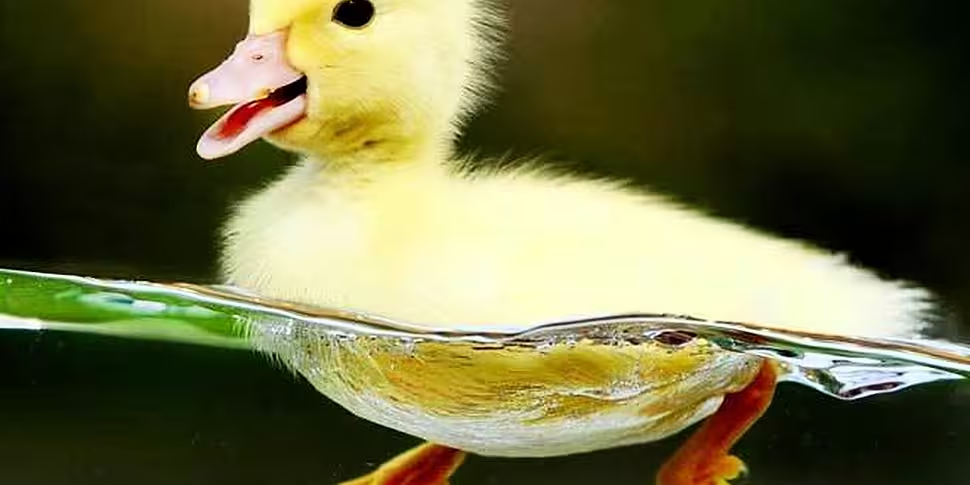Although the finding comes from an academic nicknamed Dr Quack, research would seem to indicate that ducks, like human beings, develop a regional accent.
Dr Victoria De Rijke, of the School of Health & Education in Middlesex University, discerned the quacking differences between ducks in London and Cornwall.
Dr Rijke says that “Cockney” ducks, similar to their human brethren, produce a rougher and harsher call, so their waddling pals can hear them over the noise of the city.
Their Cornish cousins, however, have been observed to quack in more relaxed and generally softer tone. The research team therefore concluded that duck calls are influenced by geography.
The Cockney ducks, for instance, recorded in the heart of London’s East End, were deemed "much louder and vocally excitable" than the mallards in Downderry, Cornwall, said English language lecturer Dr De Rijke.
The more rural and peaceful locale of the Cornish ducks influenced how they quacked, she added.
"So it is like humans; cockneys have short open vowels whereas the Cornish have longer vowels and speak fairly slowly," Dr De Rijke said.
The MiddlesexUniversity study was designed to examine how language developed, and now Dr De Rijke will lead her team across the Irish Sea to listen to the quacking sounds of Irish ducks.









